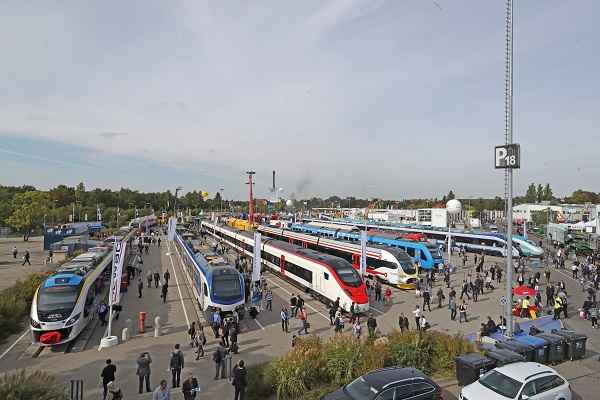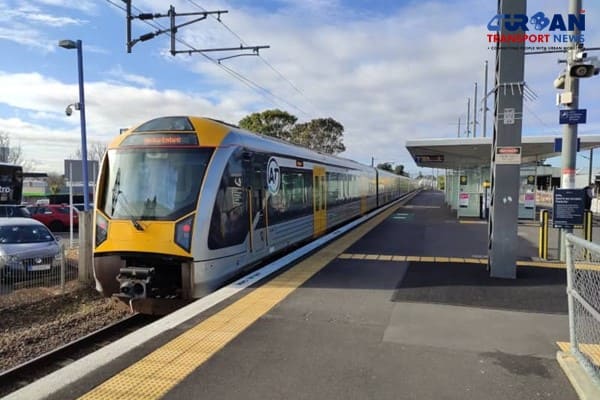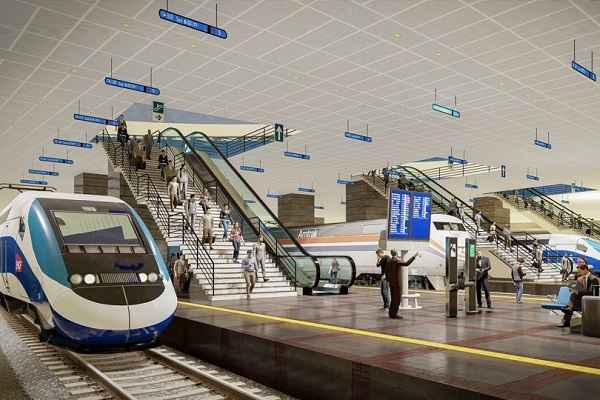 DRA-DMRC JV awarded major contract for redevelopment of Ahmedabad Railway Station
DRA-DMRC JV awarded major contract for redevelopment of Ahmedabad Railway Station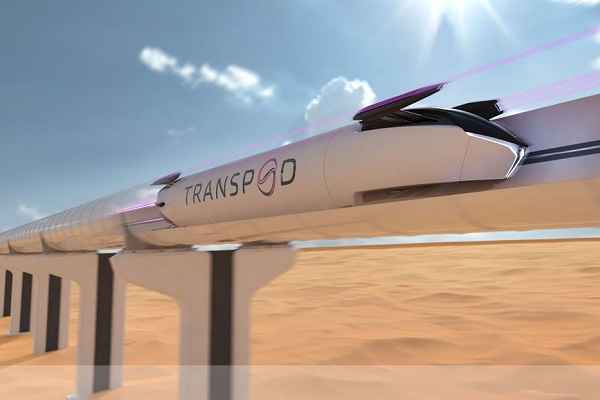 Revolutionizing Transportation: Hyperloop Technology in Saudi Arabia
Revolutionizing Transportation: Hyperloop Technology in Saudi Arabia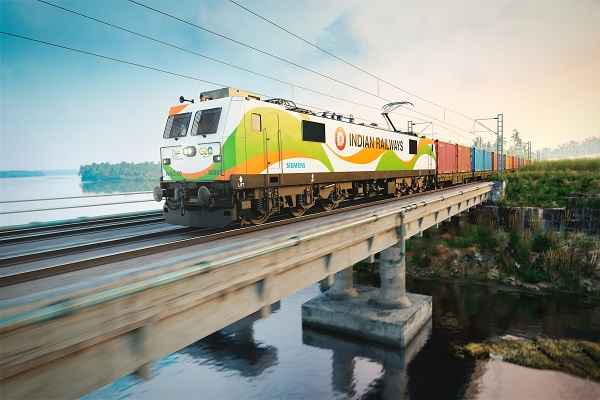 India is not just a market, it is becoming a beacon of hope for the future: Siemens AG
India is not just a market, it is becoming a beacon of hope for the future: Siemens AGSATEBA acquires Rail Business of De Bonte Group in Belgium
 Regent to launch High-Speed Seagliders to transform coastal transportation in UAE
Regent to launch High-Speed Seagliders to transform coastal transportation in UAE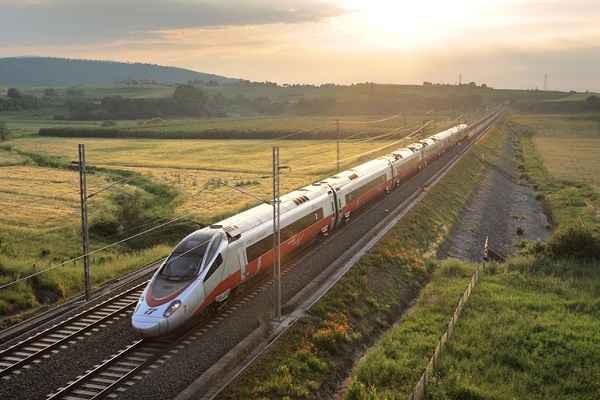 California commences construction on $12bn Los Angeles - Vegas High Speed Rail Project
California commences construction on $12bn Los Angeles - Vegas High Speed Rail Project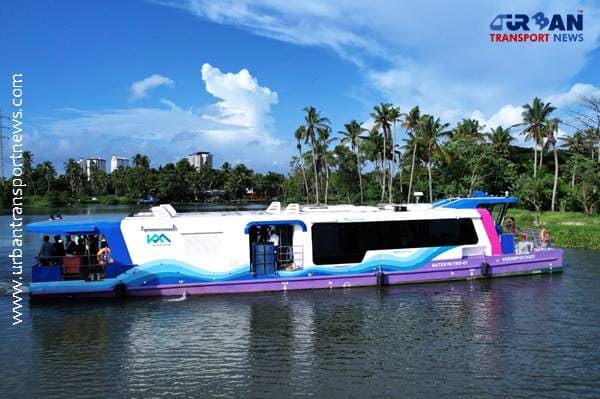 Kochi Water Metro floats tender to procure 15 more electric-hybrid ferries
Kochi Water Metro floats tender to procure 15 more electric-hybrid ferries Siemens Mobility-Hassan Allam Construction JV Sign Contract for UAE – Oman Railway Link
Siemens Mobility-Hassan Allam Construction JV Sign Contract for UAE – Oman Railway Link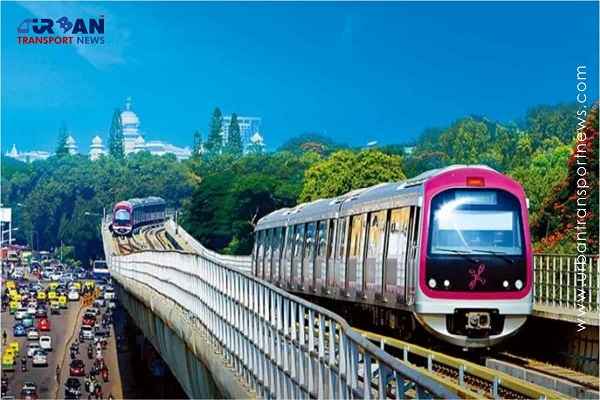 What is better public transport option for Bengaluru - RRTS or Metro Expansion?
What is better public transport option for Bengaluru - RRTS or Metro Expansion?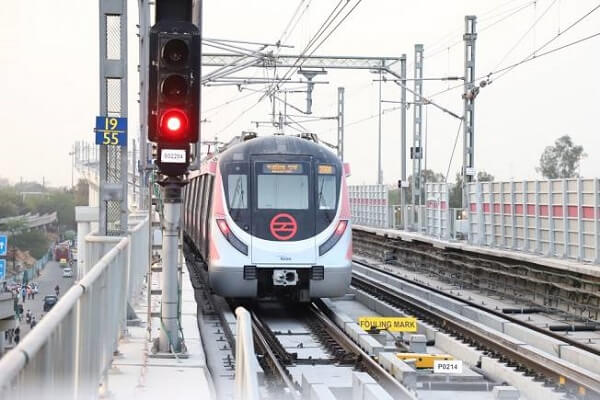 Behind Closed Doors: Corruption Uncovered in Delhi Metro's Top Management
Behind Closed Doors: Corruption Uncovered in Delhi Metro's Top Management
Engineers Day Special: The Role of Engineers in Developing Railways and Transportation Sectors
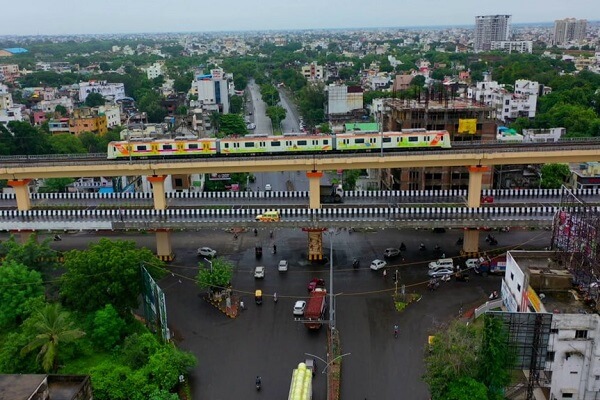
In the realm of India's evolving transportation landscape, engineers play a pivotal role in driving innovation, efficiency, and sustainability. With the constant expansion of the railway and transportation sectors, the demand for skilled engineers has never been higher. This article explores the multifaceted contributions of engineers in shaping India's railways and transportation systems, highlighting their crucial role in fostering growth and development.
Engineering Marvels in India's Railway Sector
Modernizing Infrastructure
India's railway system, known as the lifeline of the nation, has witnessed remarkable transformations over the years. Engineers have been at the forefront of these changes, actively involved in modernizing the railway infrastructure. From electrification to the introduction of high-speed trains, engineers have worked tirelessly to enhance the efficiency, safety, and sustainability of India's railways.
One of the most remarkable projects in this regard is the "Dedicated Freight Corridor." This massive endeavor involves the construction of exclusive freight railway lines spanning thousands of kilometers. It aims to revolutionize freight transport by significantly reducing transit times and increasing capacity, all while minimizing the impact on passenger services.
Innovations in Train Technology
One cannot discuss the railways in India without acknowledging the significant advancements in train technology. Engineers have been instrumental in introducing cutting-edge technologies such as high-speed rail, bullet trains, and driverless trains. These innovations not only improve travel experiences but also reduce environmental impacts, a crucial consideration in today's world.
The Mumbai-Ahmedabad High-Speed Rail Corridor, often referred to as the "Bullet Train Project," is a testament to India's engineering prowess. This ambitious undertaking aims to connect two major cities with a state-of-the-art high-speed rail network, greatly reducing travel time and setting new standards for rail transportation in India.
Safety Measures
Ensuring the safety of millions of passengers is a top priority for the railway sector. Engineers continuously develop and implement safety measures, including advanced signaling systems, improved track designs, and state-of-the-art braking systems. These efforts have led to a significant reduction in accidents and mishaps.
One of the most challenging safety-related projects engineers have undertaken is the "Train Collision Avoidance System." This system employs advanced technologies like GPS and wireless communication to prevent collisions between trains, enhancing the safety of railway travel to a remarkable degree.
Sustainable Transportation: A Key Focus
Green Initiatives
In recent years, there has been a growing emphasis on sustainable transportation. Engineers have been proactive in this regard, working on projects aimed at reducing carbon footprints. The introduction of solar-powered trains and the use of eco-friendly materials in railway construction are prime examples of their commitment to sustainability.
The "Indian Railways Solar Mission" is an exemplary initiative that aims to harness solar power for railway operations. Engineers are responsible for designing and implementing solar panels on railway premises, reducing the dependence on fossil fuels and contributing to a cleaner environment.
Efficient Use of Resources
Engineers also play a crucial role in optimizing resource utilization within the transportation sector. They develop innovative solutions for better fuel efficiency, reduced energy consumption, and improved logistics. These efforts not only benefit the environment but also contribute to cost savings.
The "Green Corridor Project" is a noteworthy endeavor that focuses on electrification of railway lines. By replacing diesel-powered trains with electric ones, engineers are not only reducing carbon emissions but also ensuring more reliable and efficient train operations.
Challenges and Opportunities
While engineers have made significant strides in shaping India's railways and transportation systems, they face numerous challenges. Rapid urbanization, population growth, and the need for extensive network expansion pose complex problems. However, these challenges also present opportunities for engineers to innovate and create solutions that can withstand the test of time.
Conclusion
In conclusion, engineers are the driving force behind the development and growth of India's railways and transportation sectors. Their contributions span from modernizing infrastructure and introducing innovative technologies to promoting sustainability and ensuring safety. As India continues its journey towards becoming a global transportation powerhouse, engineers will remain at the helm, steering the nation towards a brighter, more connected future.





